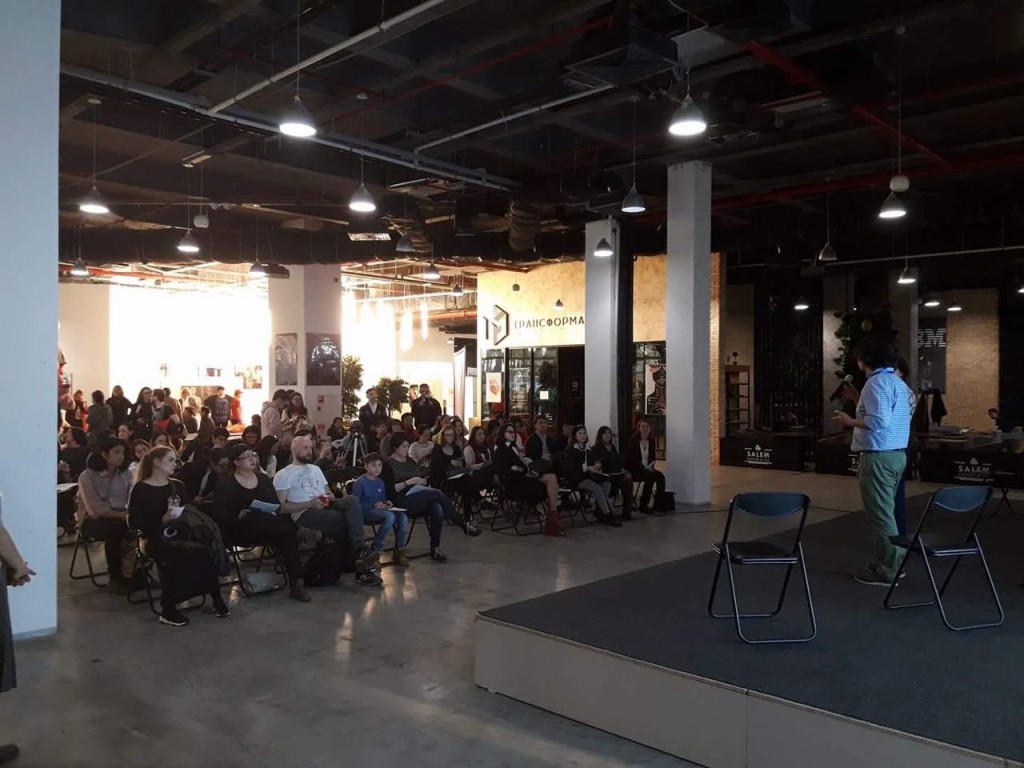ASTANA – Prominent public figures and members of the film industry from around Central Asia gathered March 8-10 in Almaty to discuss gender issues during FemAgora gender equality week and related film festival.
The festival is encouraging the public to examine gender issues through the lens of art, politics, human rights and science.
“The main goal of FemAgora is to familiarise [the public] with the culture and art work of women from Central Asia, facilitate the discussion on gender equality related problems, bring it to the agenda and try to search for possible solutions,” one of the organisers, Moldiyar Yergebekov, told The Astana Times.
Yergebekov added that while Kazakh legislation toward gender equality has expanded since 1998 when Kazakhstan joined the Convention on the Elimination of all Forms of Discrimination Against Women (CEDAW), challenges remain.
“One of the problems is that these laws always put women in the context of family, so this idea prevails not only within the society, but also in laws. I believe this is a big problem,” said Yergebekov.
The media-constructed image of women also inhibits gender equality progress, he said.
The film festival includes more than 20 short features and three feature films. Though the majority of films are in Kazakh, the programme also includes Kyrgyz, Tajik and Uzbek films.
The three feature films are “Nagima” directed by Zhanna Issabayeva from Kazakhstan, “Sea Tomorrow” directed by Katerina Suvorova from Kazakhstan and “The Burden of Virginity” directed by Umida Akhmedova from Uzbekistan.
“Nagima,” which tells a story of two girls graduating from orphanages and struggling in their adult life, was not released in Kazakh cinemas, but was screened at Pusan International Film Festival, the 64th Berlin International Film Festival and was also shown in French cinemas in 2014.
Suvorova’s “Sea Tomorrow” released in 2016 is a Kazakh-German documentary film portraying the life of people living near the Aral Sea, currently on the verge of disappearance, yet losing no hope to save the sea and prevent an environmental disaster. The film was screened at international film festivals in Switzerland, Poland, Russia and Taiwan.
Akhmedova, among few prominent Uzbek women working in film industry, devoted her documentary to the socially constructed perception of virginity in Uzbek society, particularly in rural areas, provoking heated public discussions.
The event was organised with the support of the Friedrich Ebert Foundation Kazakhstan and the work of gender advisor and educator Leila Zuleikha Makhmudova, PhD in art history and Associate Professor at Suleiman Demirel University Moldiyar Yergebekov and Kazakh director Syuinbike Suleimenova.


